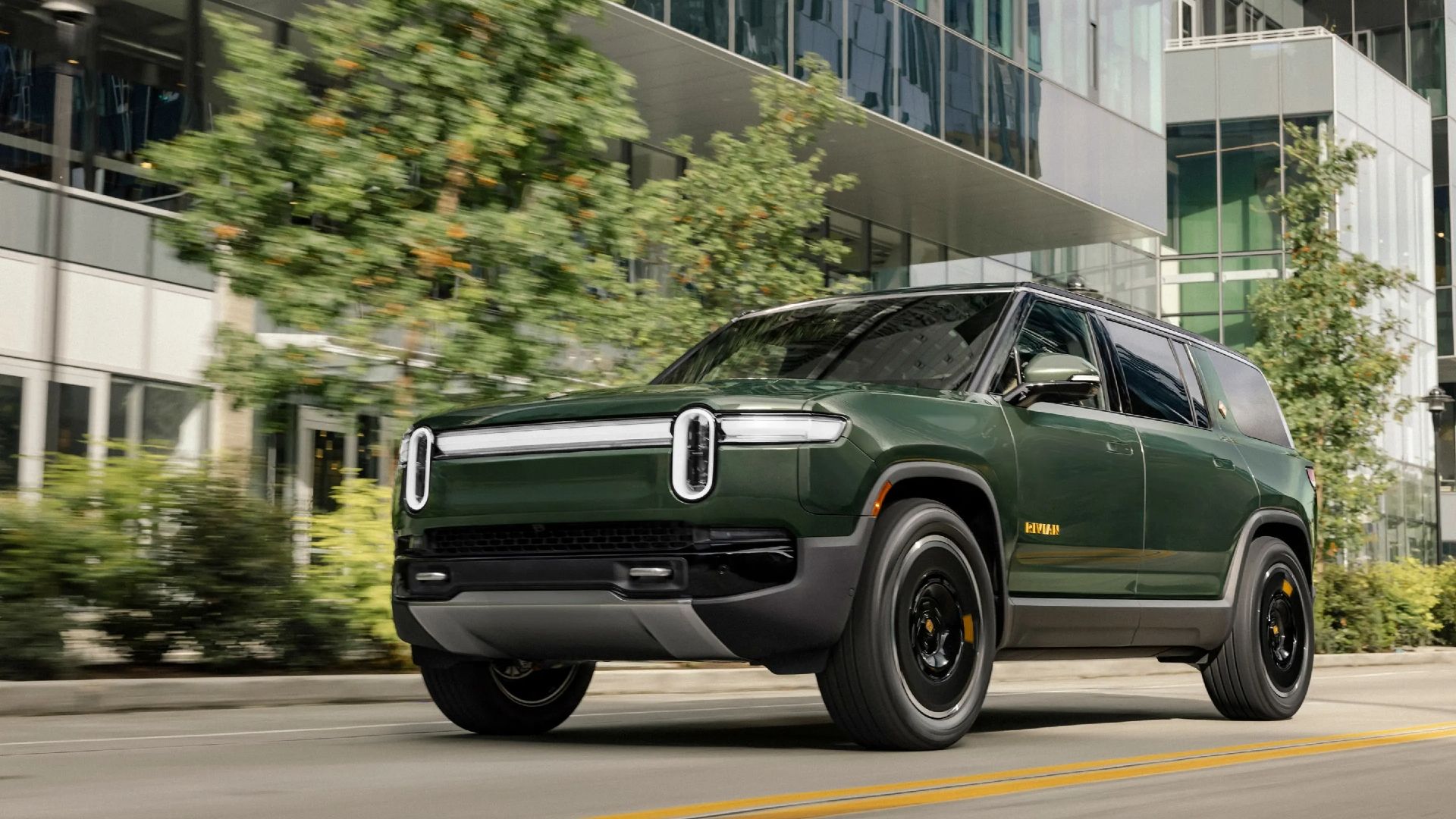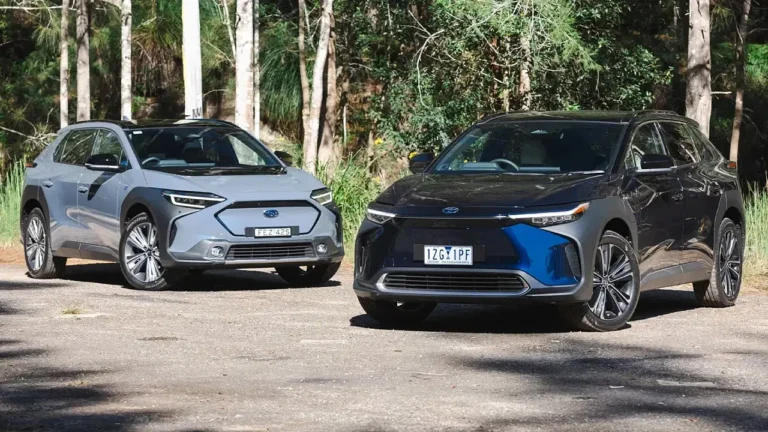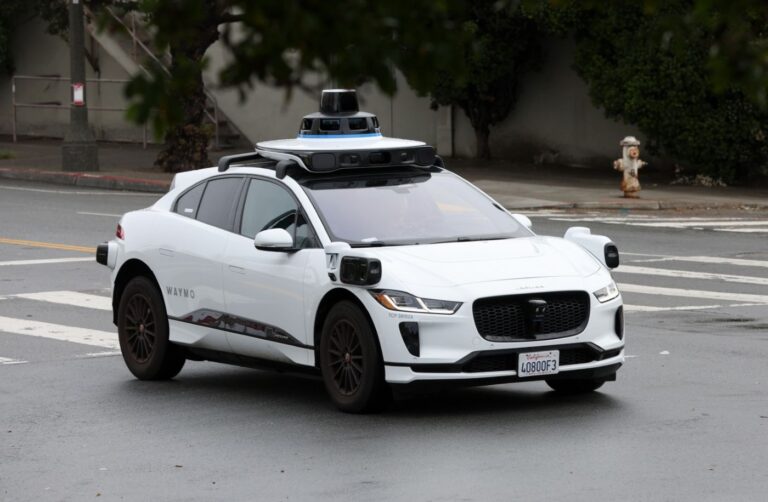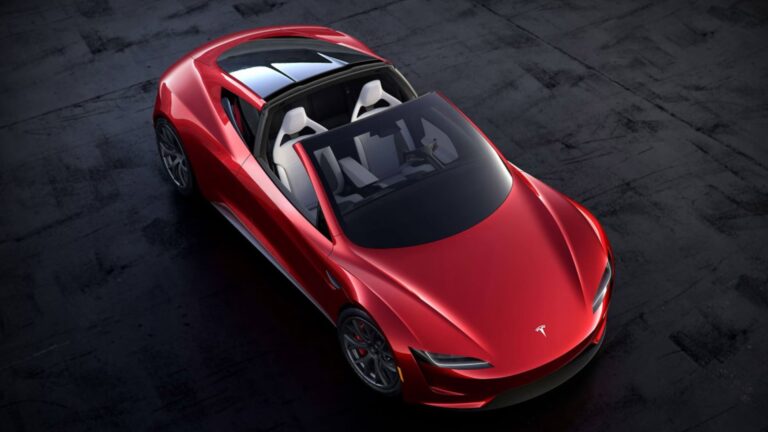
Rivian
Rivian Automotive exceeded third-quarter revenue expectations on Tuesday, driven by robust vehicle deliveries as U.S. buyers hurried to take advantage of a federal electric vehicle tax credit before it expired.
Shares of the Irvine, California-based automaker climbed more than 4% in after-hours trading following the announcement.
The company reported last month that it delivered 13,201 vehicles in the third quarter, marking a 32% increase compared to the same period last year. However, Rivian slightly reduced the midpoint of its full-year production forecast to approximately 42,500 units, anticipating a dip in demand following the end of the $7,500 federal tax incentive.
“October is going to be a bit of a funky month, because you had so much pulled forward. But in the fullness of time, we think it (demand) looks the same way we thought it looked before,” CEO RJ Scaringe said.
Early data indicate that U.S. EV sales slowed in October after hitting record highs in September. The firm added that the average EV price climbed to nearly $65,021, close to a record, suggesting that October buyers were more dedicated to adopting electric vehicles rather than seeking discounts.
Rivian also expects some financial relief from the Trump administration’s new 3.75% tariff offset on U.S.-made EVs, a move anticipated to reduce production costs.

Chief Financial Officer Claire McDonough stated that tariff expenses on newly manufactured vehicles are projected to decline to just a few hundred dollars per vehicle once the new policy is implemented, down from about $2,000 currently.
For the third quarter, Rivian reported revenue of $1.56 billion, surpassing analysts’ average projection of $1.5 billion, according to data compiled by LSEG.
The company also posted an adjusted net loss of 65 cents per share, a smaller loss than analysts’ expectations of 72 cents per share.
Rivian reaffirmed that it remains on schedule to begin production of its lower-cost R2 SUV in the first half of next year.
In October, the company laid off approximately 4.5% of its workforce, more than 600 employees, and agreed to pay $250 million to settle a 2022 class-action lawsuit as part of its effort to concentrate resources on the upcoming R2 launch.
Additionally, on Tuesday, Rivian introduced Mind Robotics, an industrial robotics company it established this month with $110 million in external funding.



